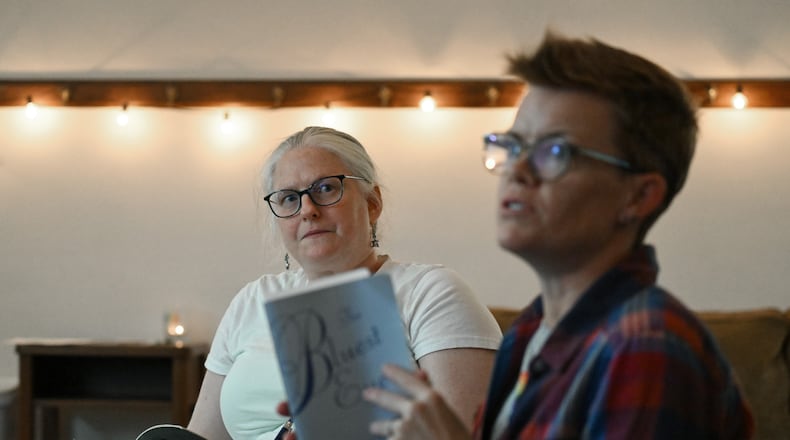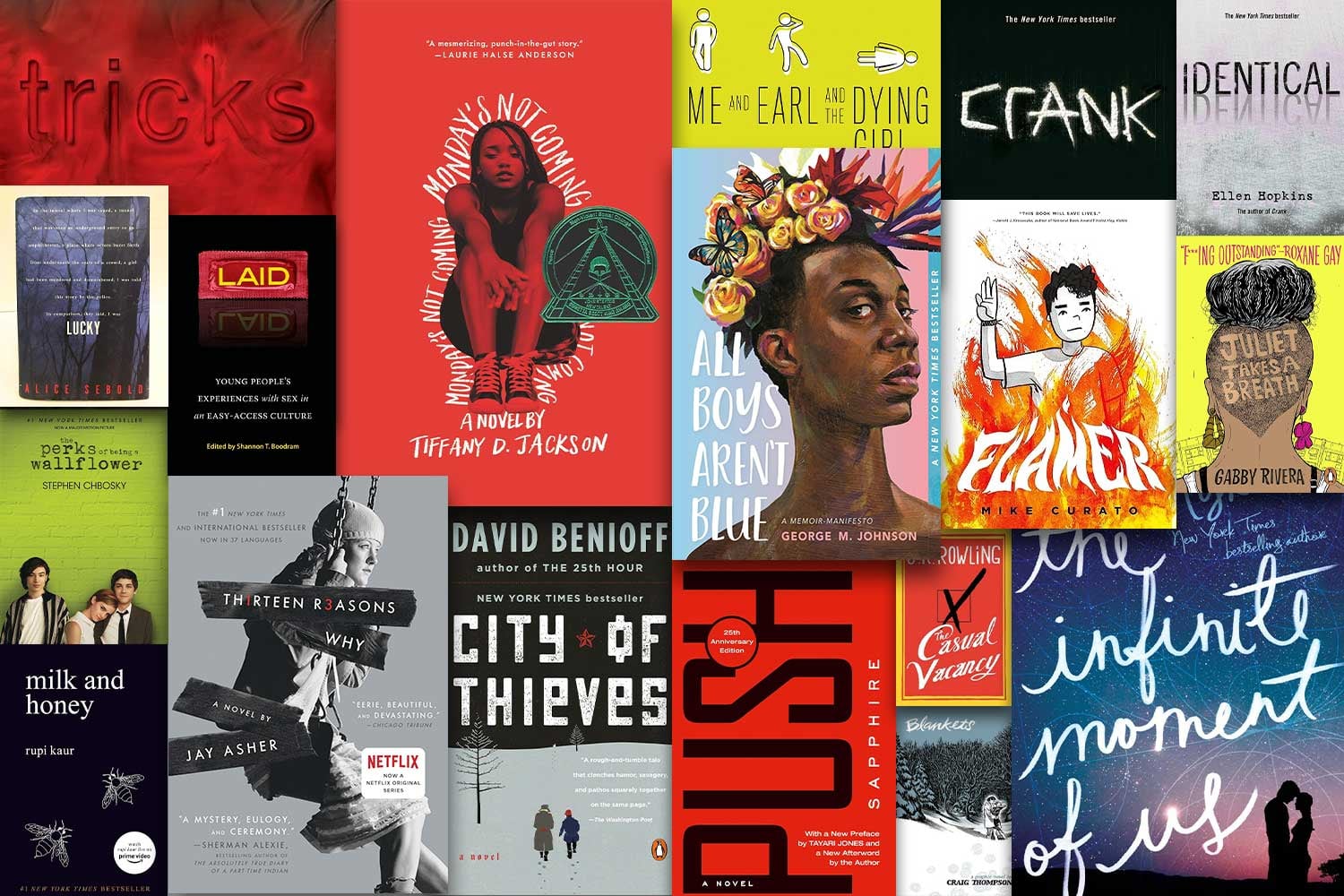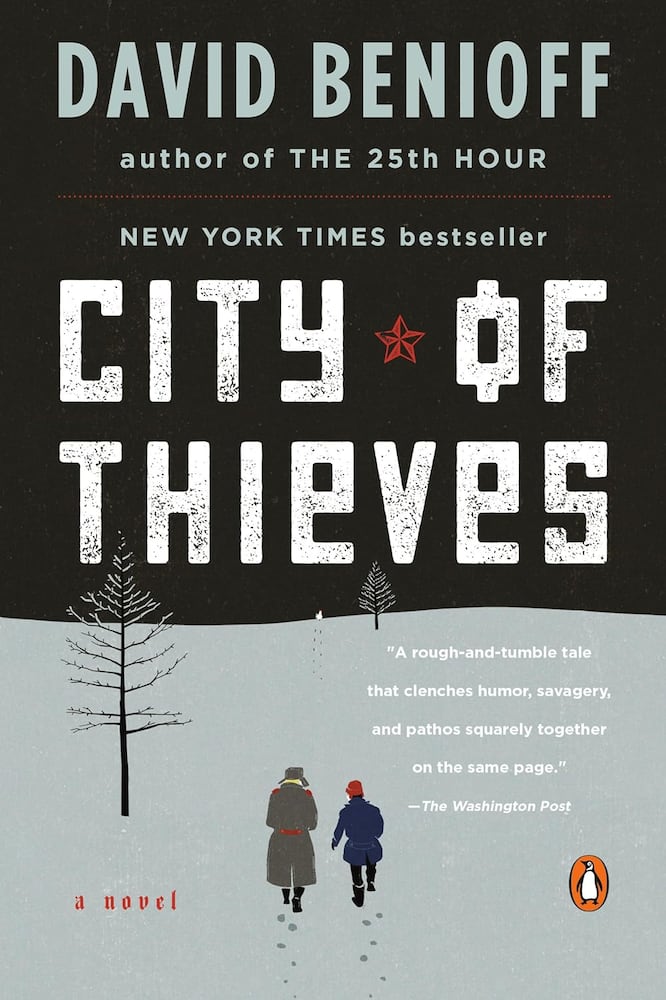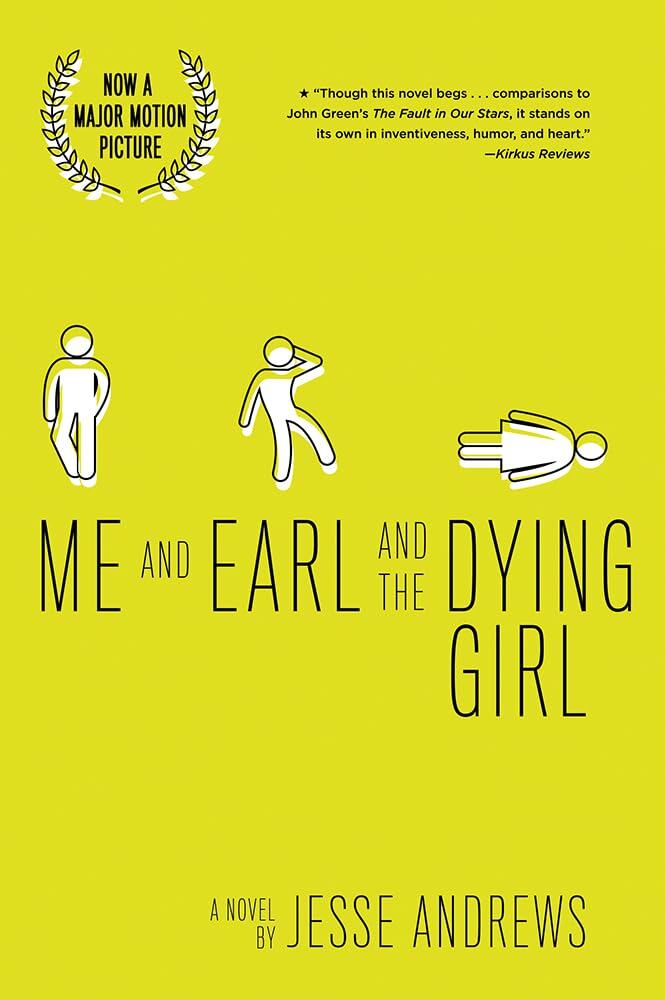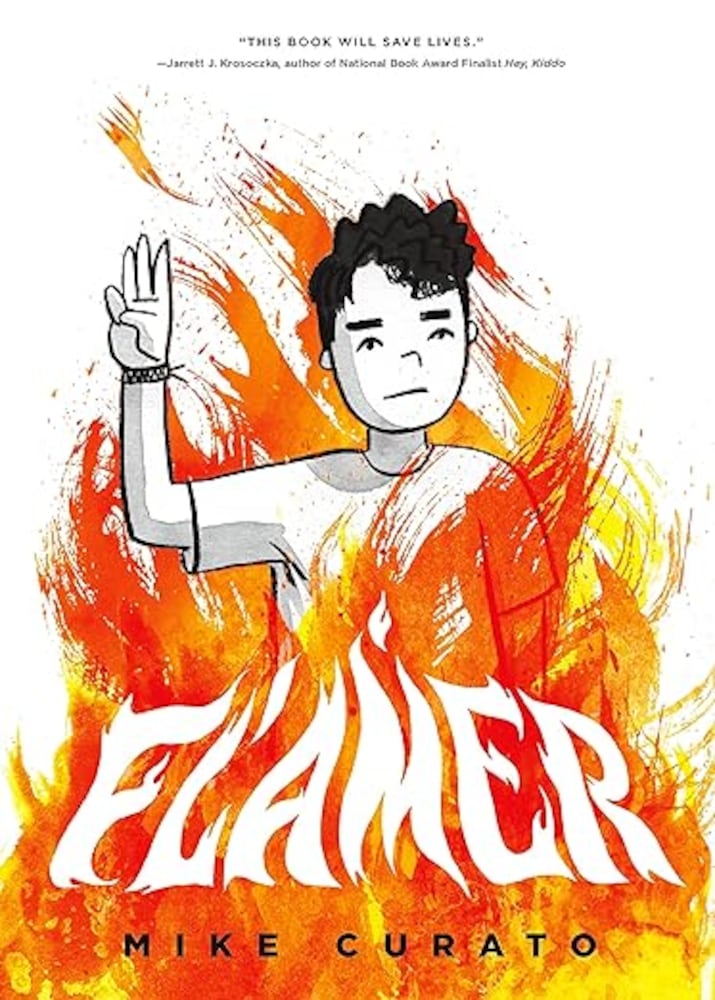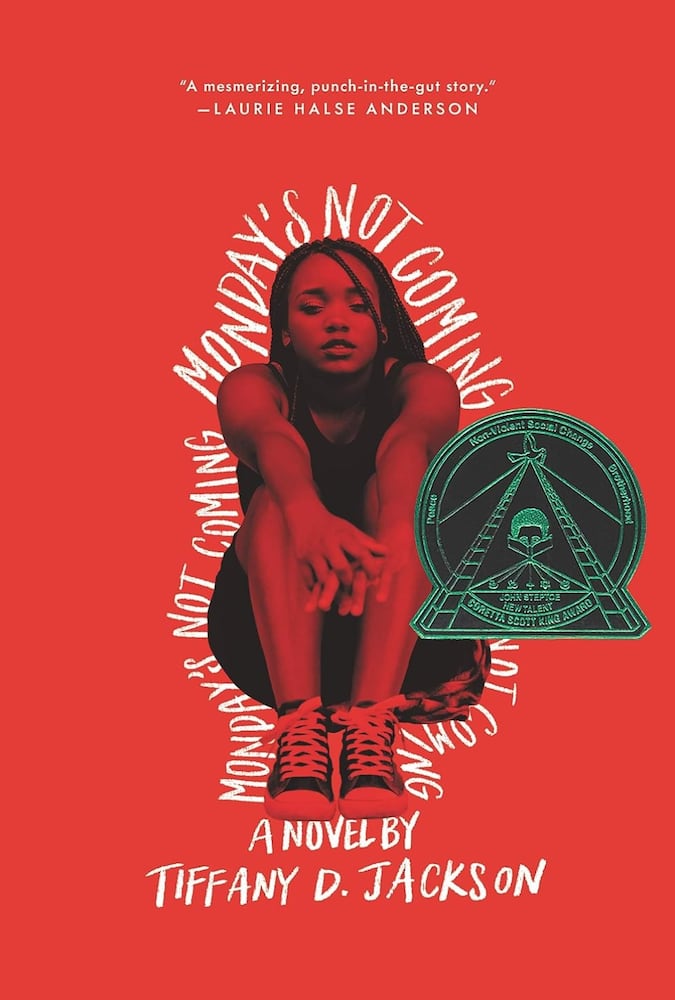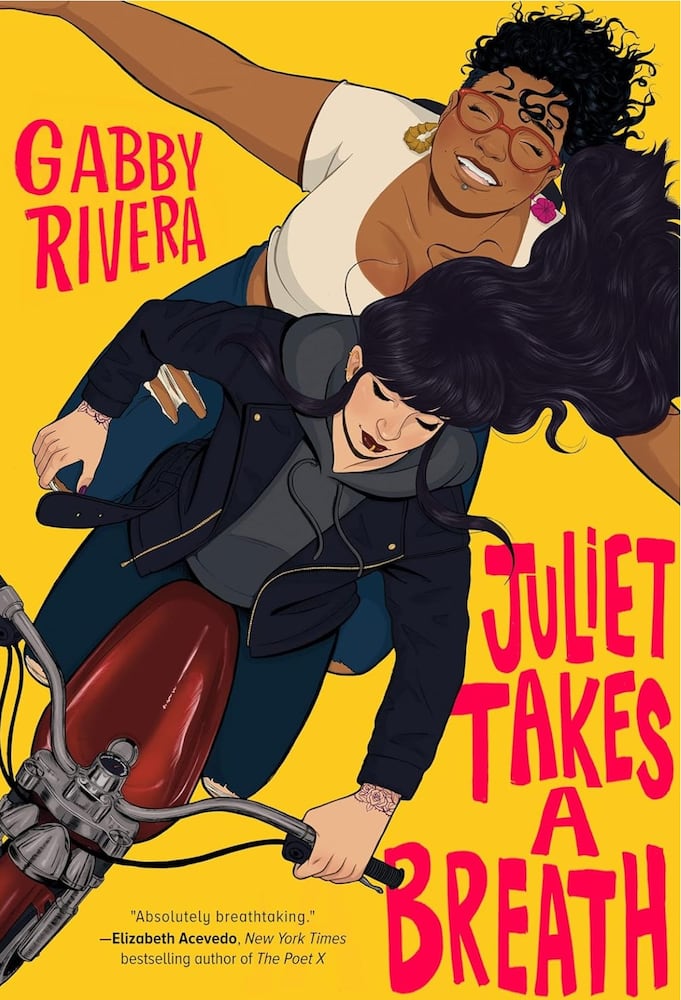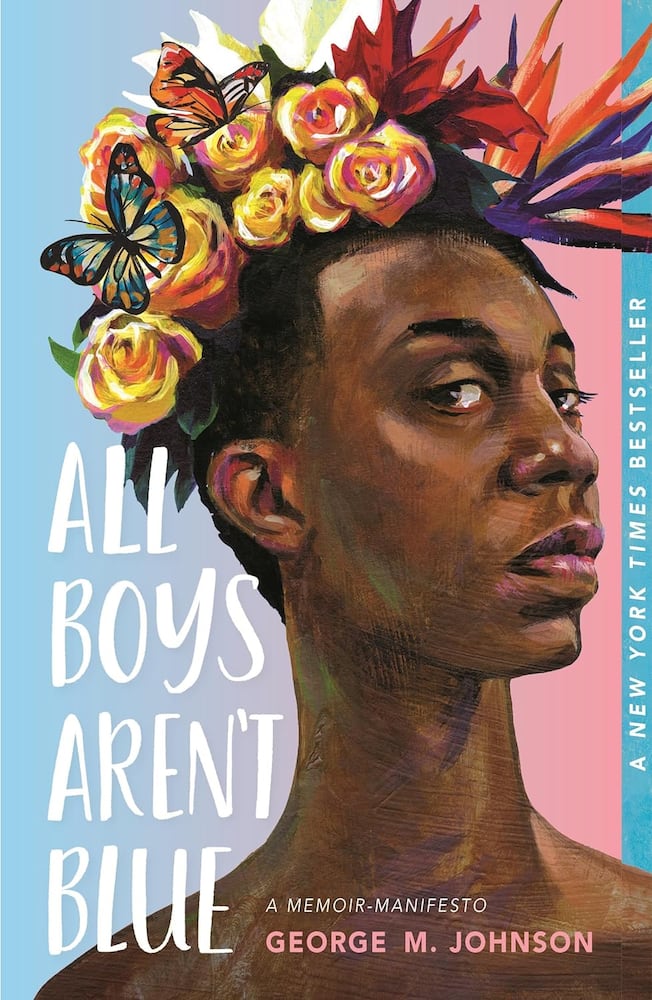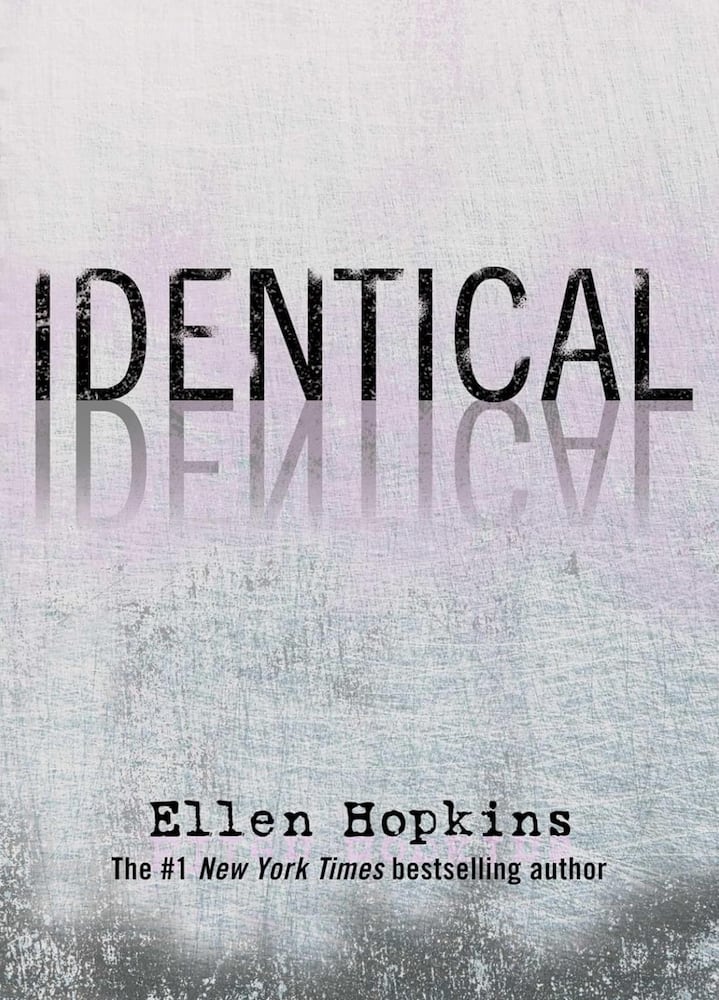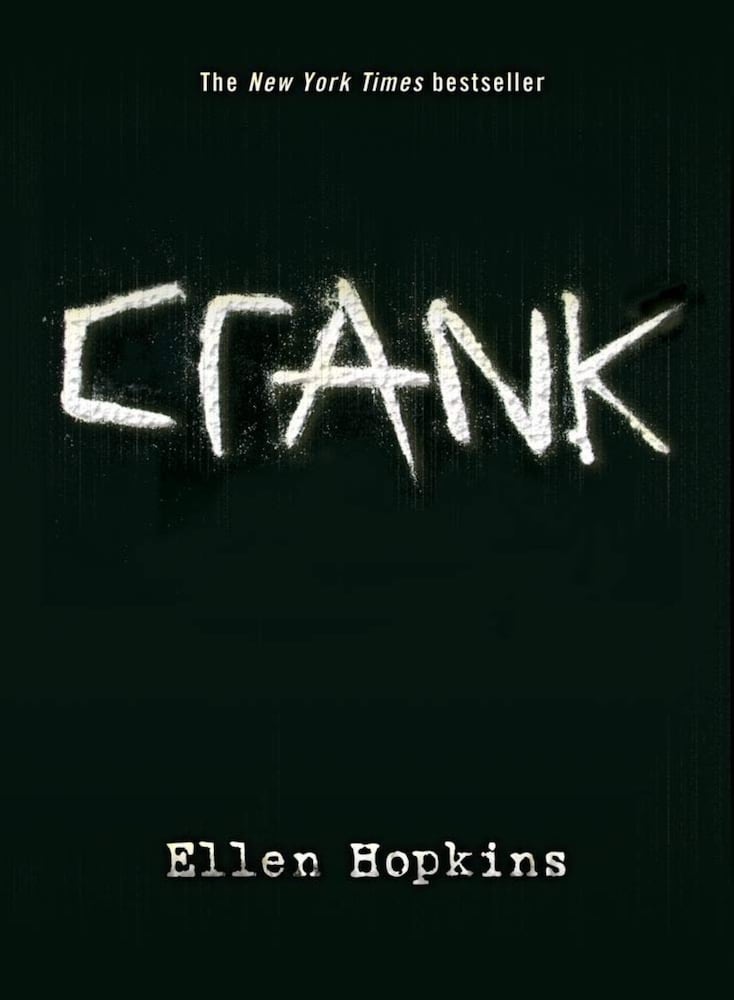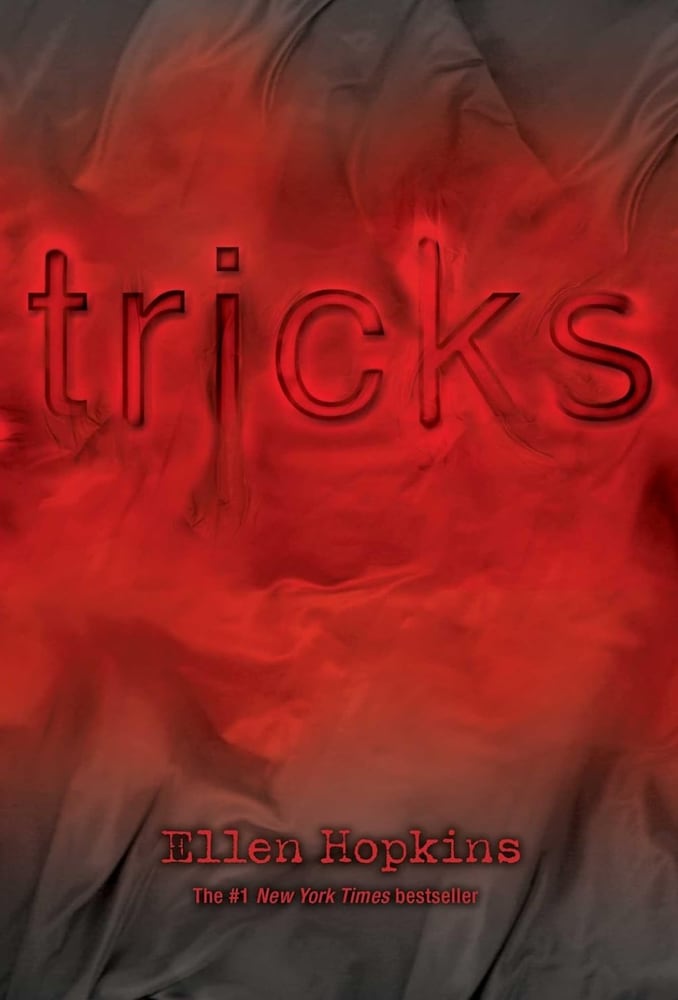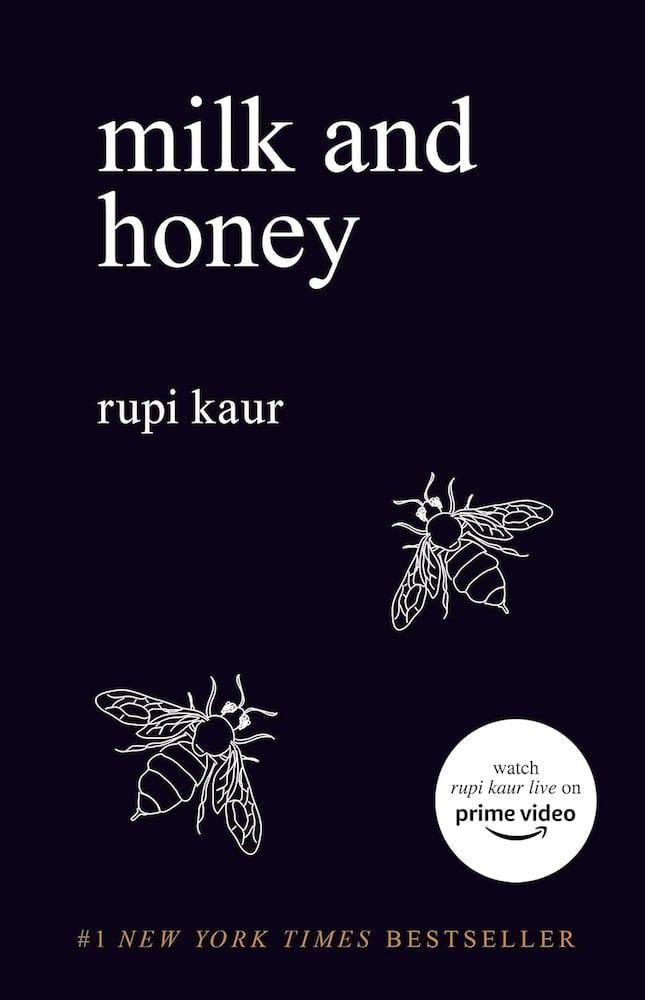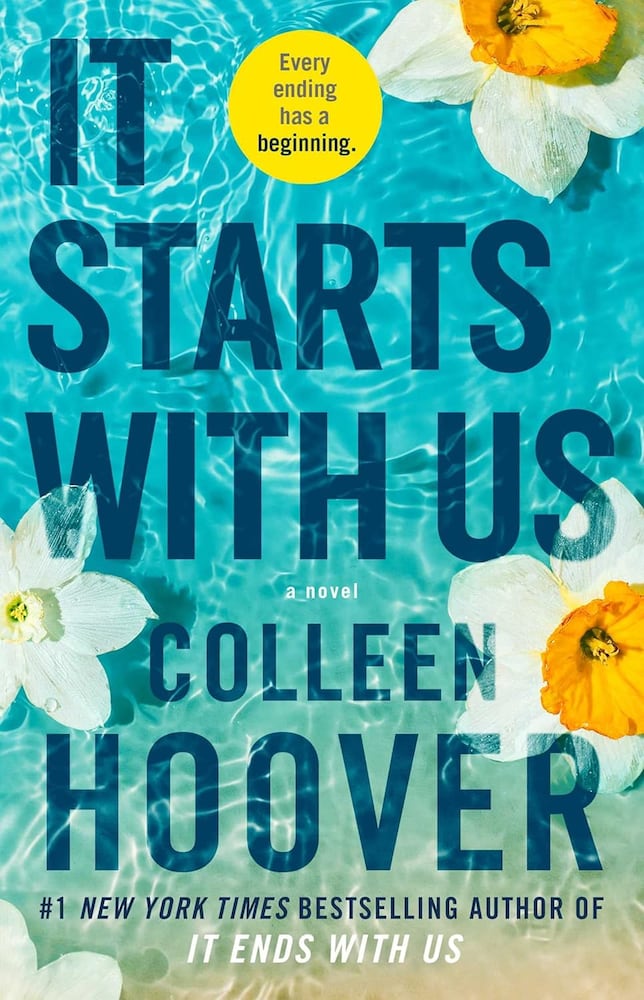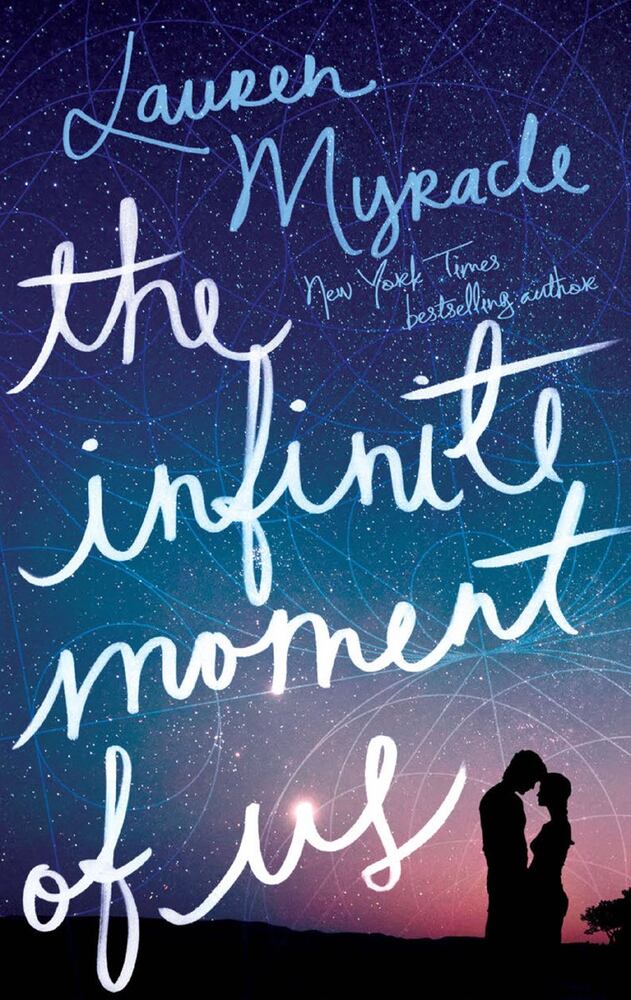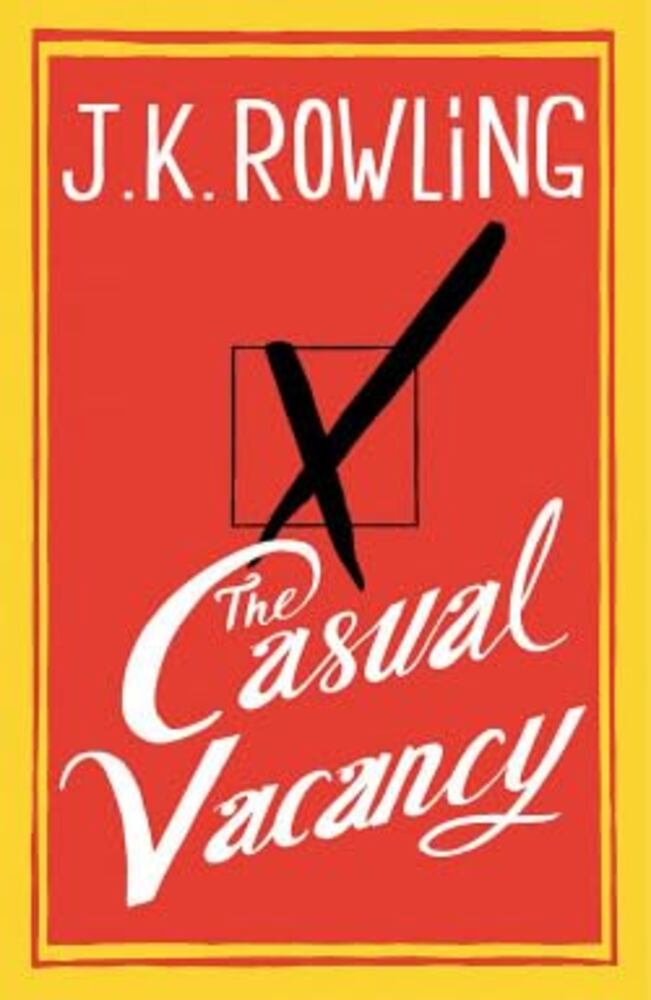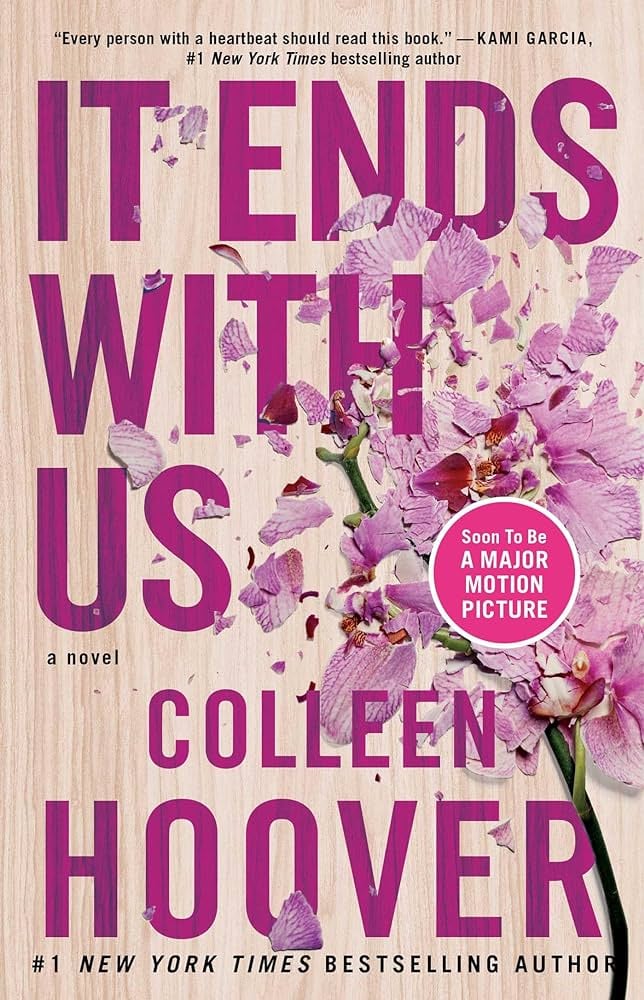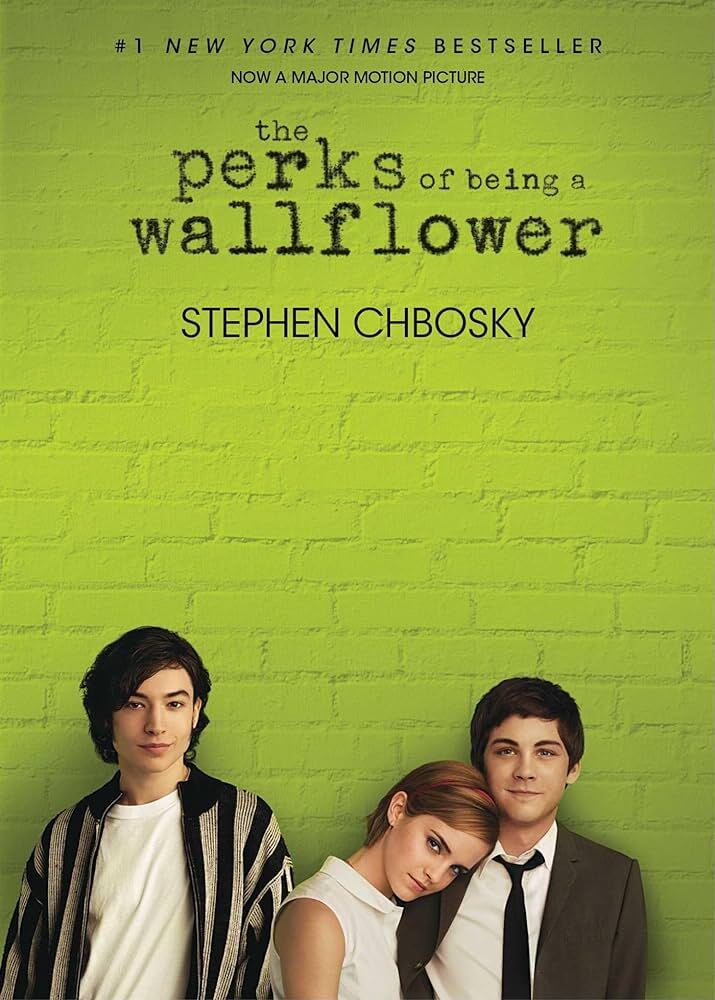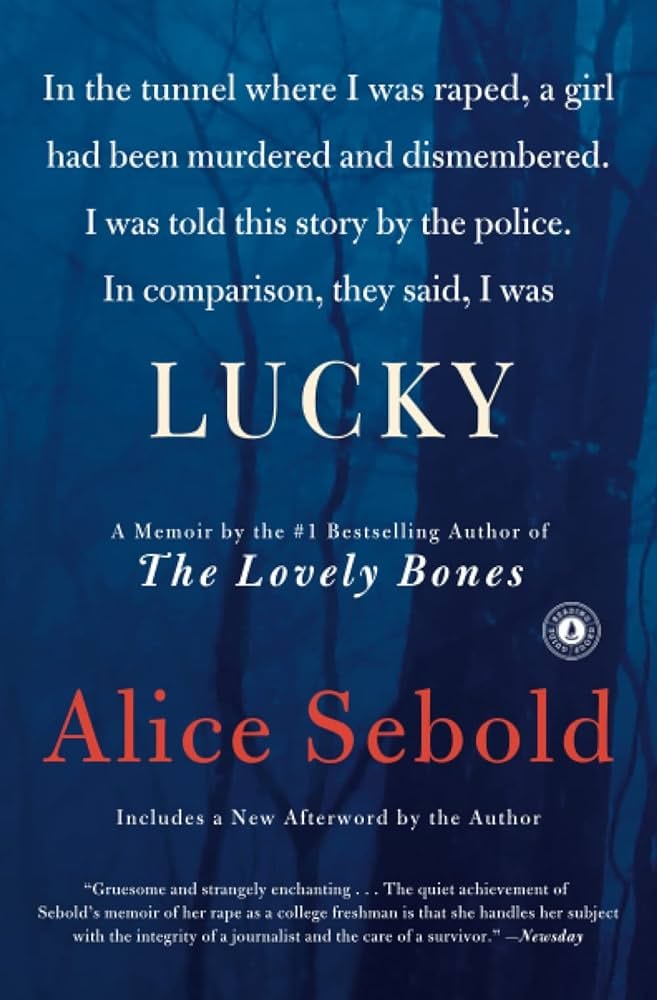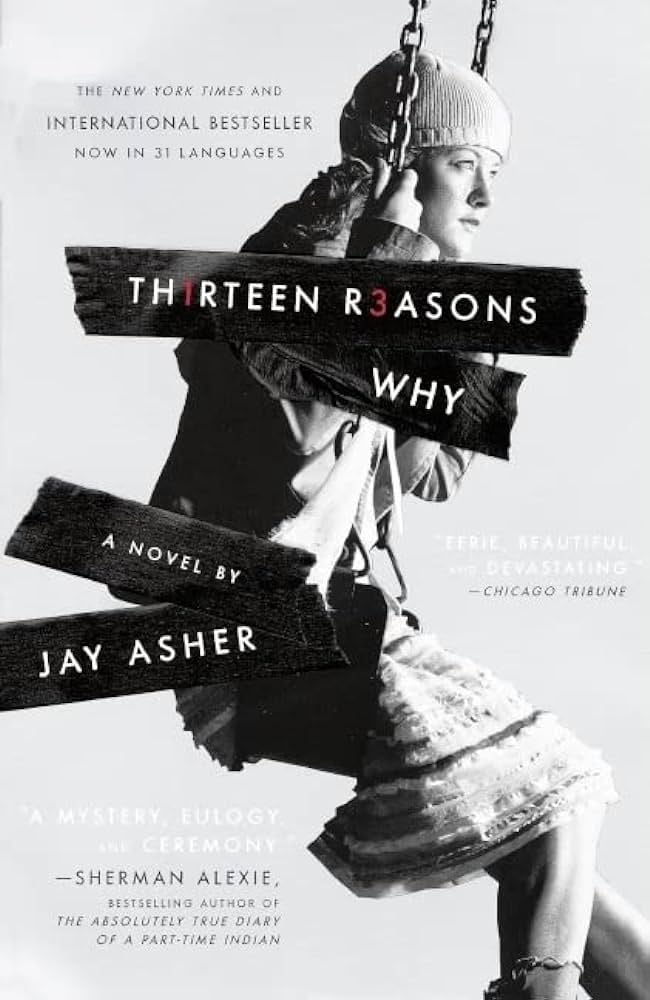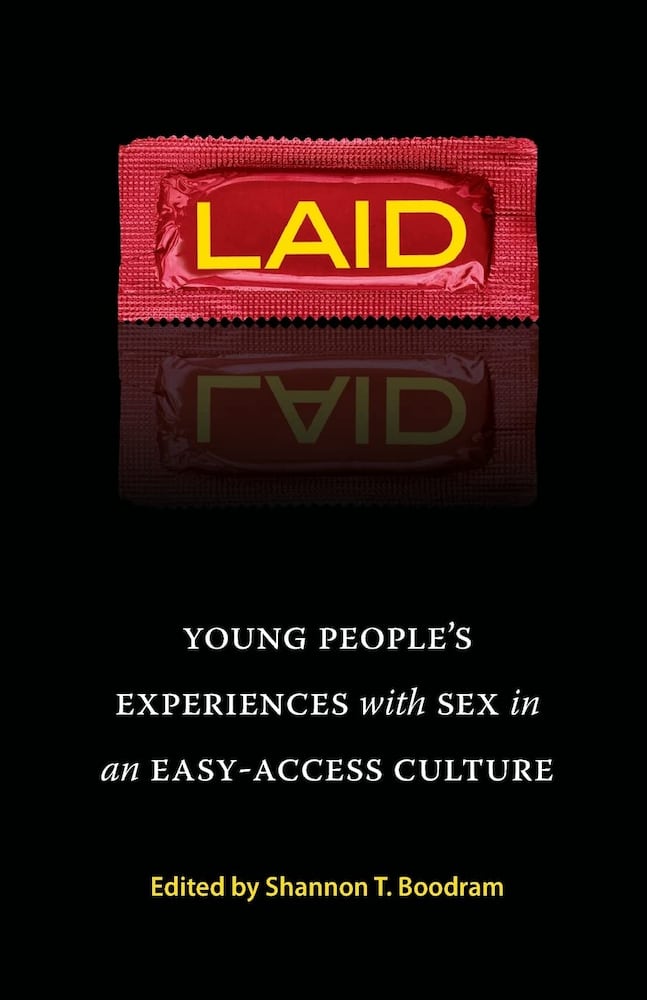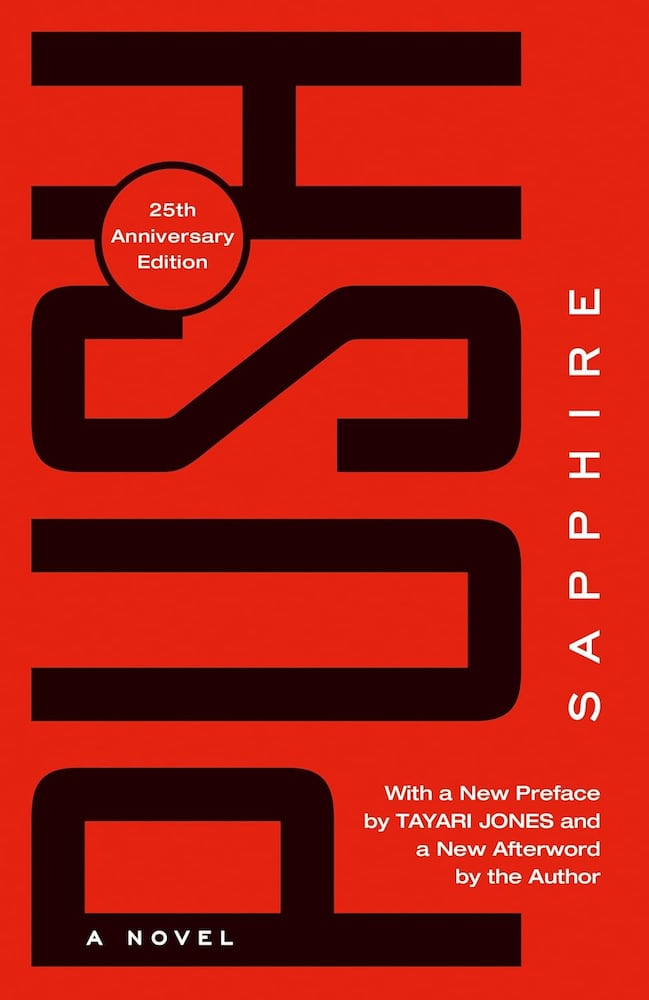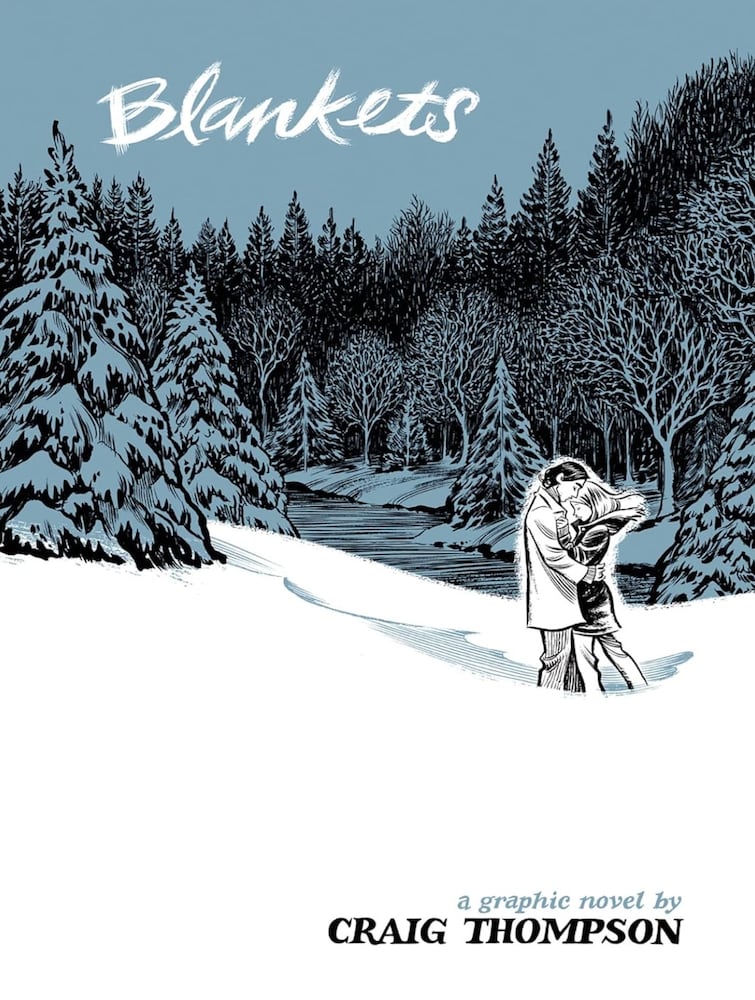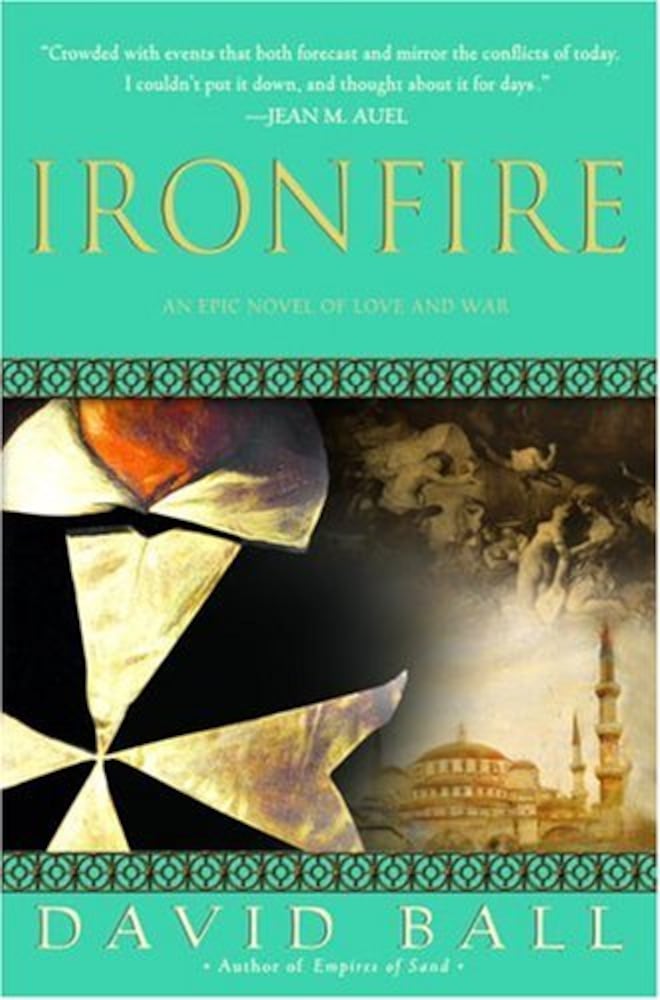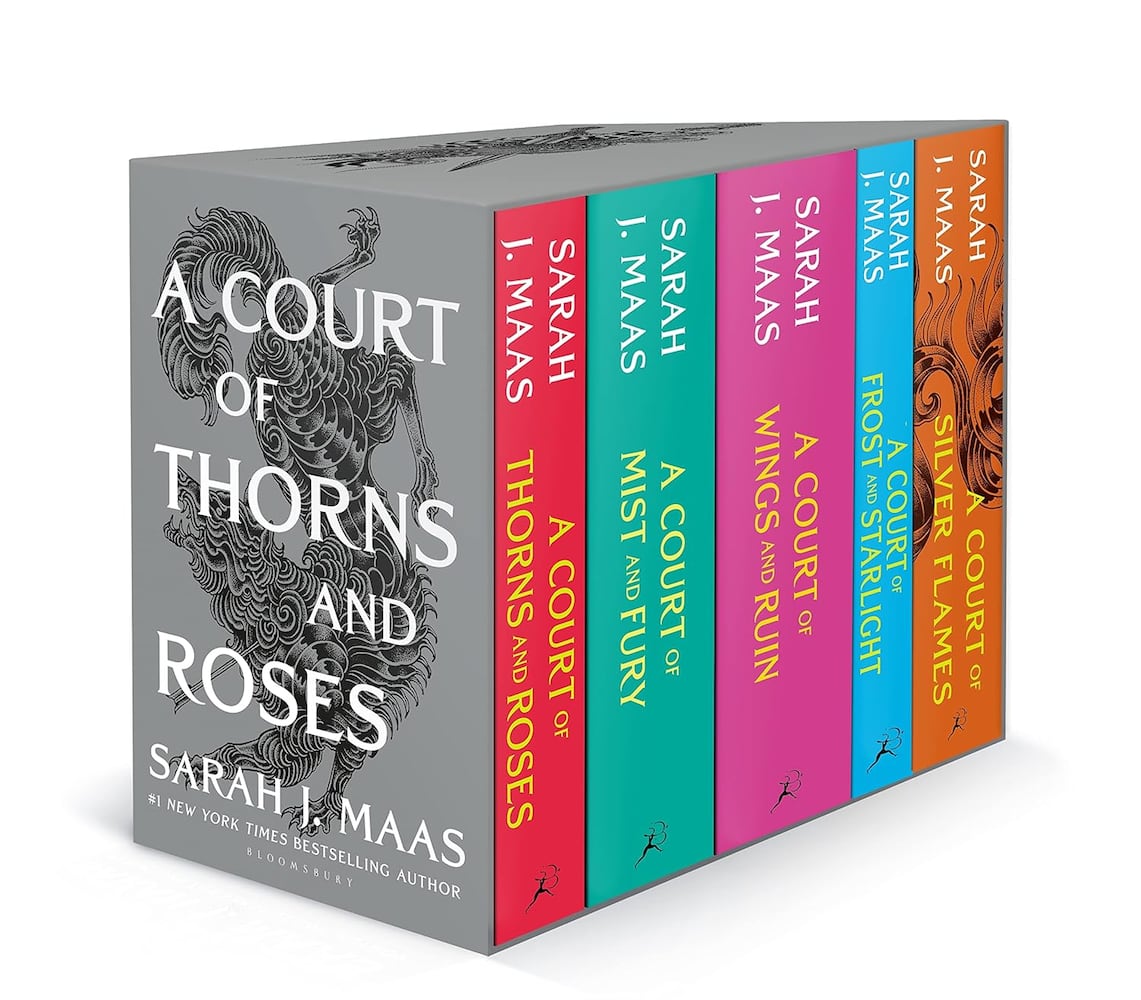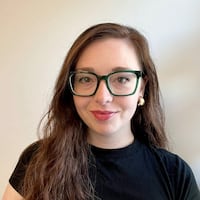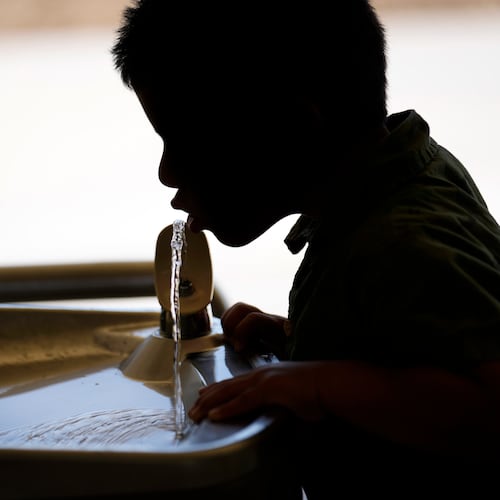Paperbacks and plastic cups of red wine in hand, a group of six adults at Virginia-Highland Church met to discuss one of the most frequently banned books of all time.
They read “The Bluest Eye” by Toni Morrison, a 1970 novel about a young Black girl’s experience with abuse, racism and poverty, and how wishing she had blue eyes and blond hair was a form of escape. Then they talked about whether it should be banned.
“I can’t believe that we read this in school,” said one person, participating via Zoom. “This packed a punch.”
Another said she wouldn’t forbid her children from reading it — but she wouldn’t recommend it to them either.
A third member: “I would want my high schooler to read it and have empathy.”
The group is one of several across metro Atlanta that, spurred on by local, national and global pushes to restrict access to specific reading materials, meet regularly to try to figure out what the big deal is about these books. And lately, it has been a big deal. The Cobb County School District announced as recently as this month that six more books were banned from its libraries for containing content it considers too sexually explicit for students. And at least one teacher in Cobb was fired last year for reading a book to students without getting parents’ consent.
The book clubs have read popular novels such as “The Perks of Being a Wallflower” by Stephen Chbosky; “Me and Earl and the Dying Girl” by Jesse Andrews; “All Boys Aren’t Blue” by George M. Johnson; “Crank” by Ellen Hopkins — all of which contain depictions of sex or drug use or homosexuality and have been removed from school libraries in metro Atlanta. But after examining these books and similar ones, the club members aren’t sure whether they need to be locked away.
“We have yet come to the conclusion that we would ban one,” said Rev. Candace Rowell, who organizes the Virginia-Highland Church’s banned book club. “I would be shocked if it happened.”
About a dozen people usually attend each club, though the organizers report spikes in attendance when there’s more interest in the book they’re reading. Typically, attendees are all adults, though teenagers have been known to attend.
In Cobb County, Deborah Harris remembers hearing about what happened to Katie Rinderle — the teacher who was fired after reading a book that challenged gender norms to her class of fifth-graders and is now suing the school system. It was the impetus for the National Council of Jewish Women Atlanta Section to begin reading banned books in 2023.
“It came to everybody’s attention that not only were school boards banning these books and teachers were getting fired for reading these books,” Harris said, “but it’s sort of reminiscent of Nazi Germany, really, when they burned the books.”
Since Rinderle was fired, Cobb County Superintendent Chris Ragsdale has announced the removal of 26 books from school libraries for containing “sexually explicit” material. A group of Cobb residents gathered at the school board’s September meeting to support the district. The books are “pornography,” they say.
Ragsdale is confident that people who read the books the district has pulled from its shelves would agree with the decision, he said publicly in September: “I trust you will conclude that, like rated ‘R’ movies, children should not be provided unrestricted access to all media.”
Some teachers who have attended the banned book club at Virginia-Highland Church said they wouldn’t ban books, but they would be selective about which students they steered toward which books, Rowell said.
“And a lot of them do — I realize they do have explicit content,” Harris said of the books her club has read. “But I just think they’re going about it the wrong way.”
Credit: Jenni Girtman
Credit: Jenni Girtman
Little Shop of Stories, a children’s bookstore in Decatur, has hosted a banned book club for about two years, said manager Justin Colussy-Estes. A customer came to him about a Tennessee school district that restricted access to “Maus” by Art Spiegelman, a Pulitzer Prize-winning graphic novel about the Holocaust. That was their first book. After Rinderle’s firing in Cobb County, the club saw a boost in interest.
The club at Little Shop of Stories takes a slightly different approach. Where Rowell opened the meeting with a list of all the reasons people have challenged or banned “The Bluest Eye,” Colussy-Estes said they try to avoid that question in their own discussions.
“One of the things I try to make sure is we don’t always focus on, ‘Why is this thing banned?’” he said. “There’s never a good reason, but reasoning it out can be very fruitless at times.”
But there is a through line that members consistently see: Books are banned when someone is trying to avoid talking about something. It’s a fool’s errand, Colussy-Estes said.
“Just talk to your kids about the books that they read,” he said. “That’s all it takes.”
At the Virginia-Highland Church, the book club members talked about everything from racism to standards of beauty; from their own experiences growing up to how they can be better members of their community now. They ended their meeting by reading aloud a passage from “The Bluest Eye” about how people found it easier to ignore and avoid the main character than face the fact that they could have done more to help her.
“One of the reasons we gather to read banned books is because we don’t avoid the stories and experiences of people, because it causes irreparable damage when we avoid the stories and the narratives of others,” Rowell said. “So we continue to read.”
Credit: HYOSUB SHIN / AJC
Credit: HYOSUB SHIN / AJC
Upcoming events:
Here’s where to get more information about upcoming banned book clubs in metro Atlanta.
- Little Shop of Stories is reading “Carrie” by Stephen King. The group will meet at 6 p.m. on Oct. 17.
- National Council of Jewish Women Atlanta Section is reading two books: “A Day in the Life of Marlon Bundo” by Jill Twiss and “The Perks of Being a Wallflower” by Stephen Chbosky. The group will meet at noon Oct. 15.
- Virginia-Highland Church is reading “More Happy than Not” by Adam Silvera. The group will meet at 7 p.m. on Oct. 17.
About the Author
Keep Reading
The Latest
Featured
